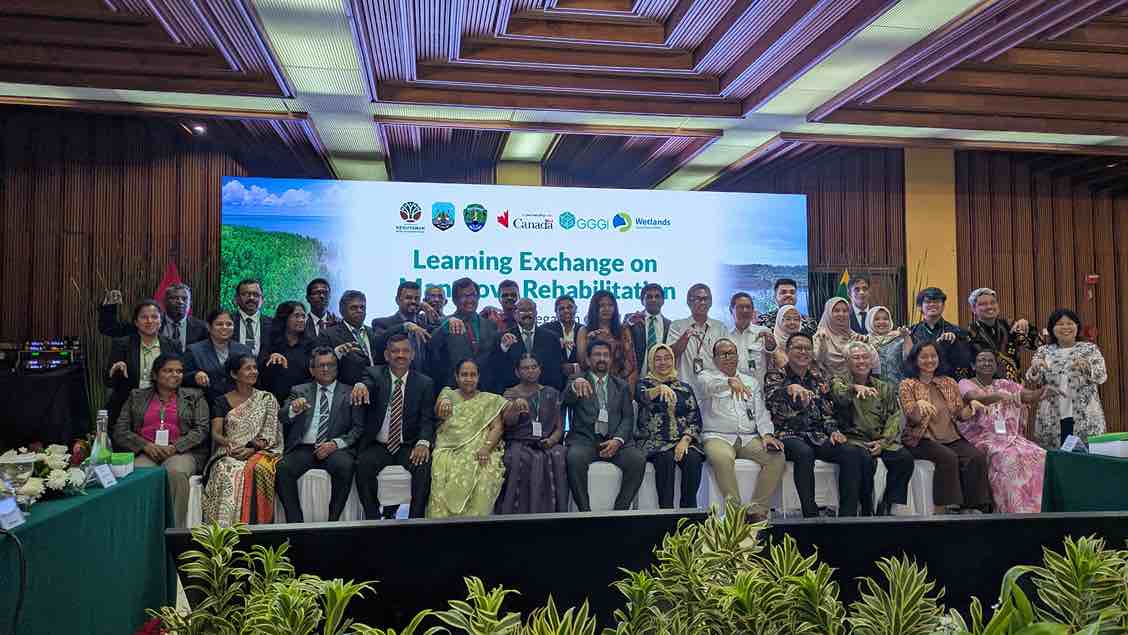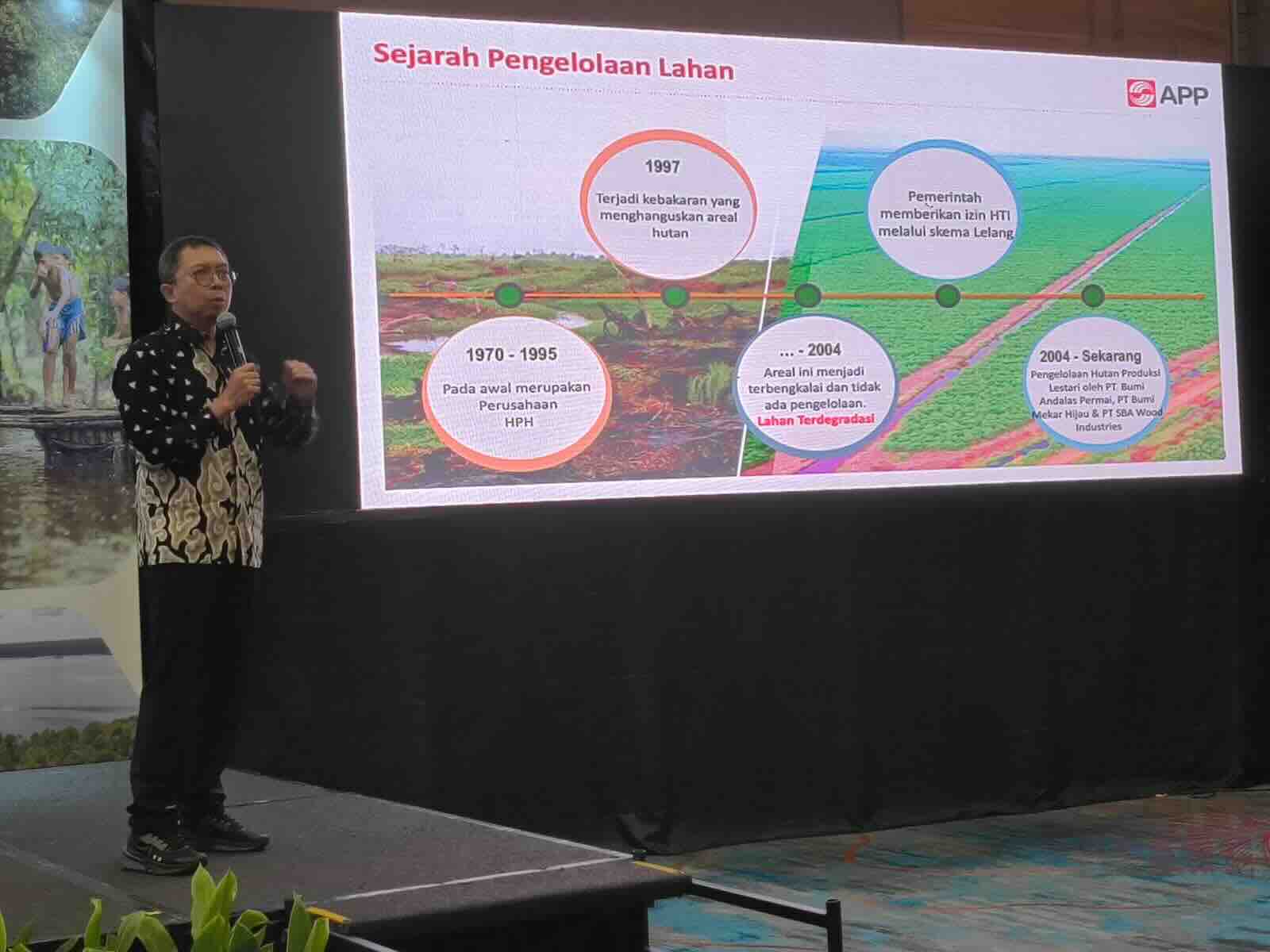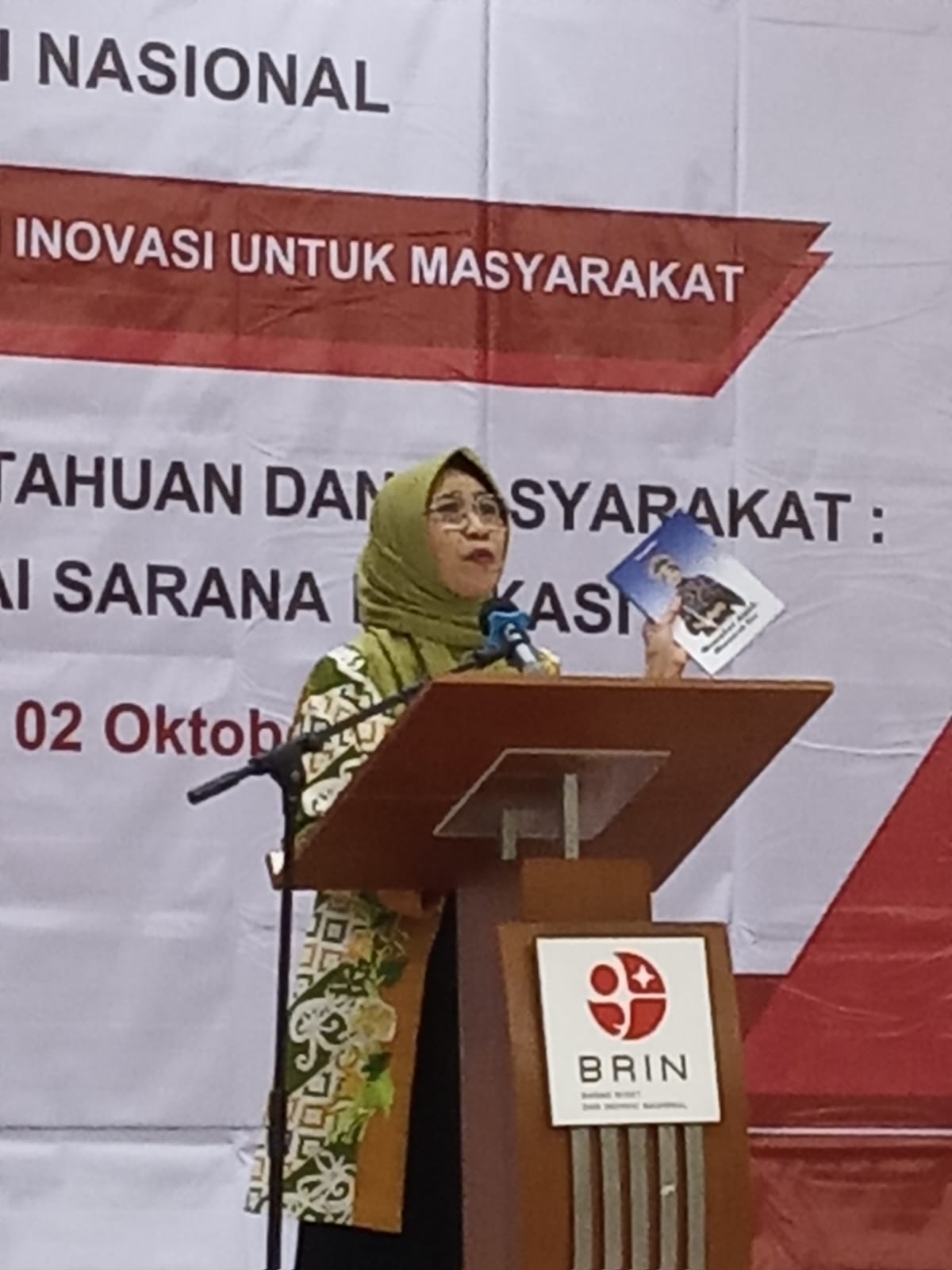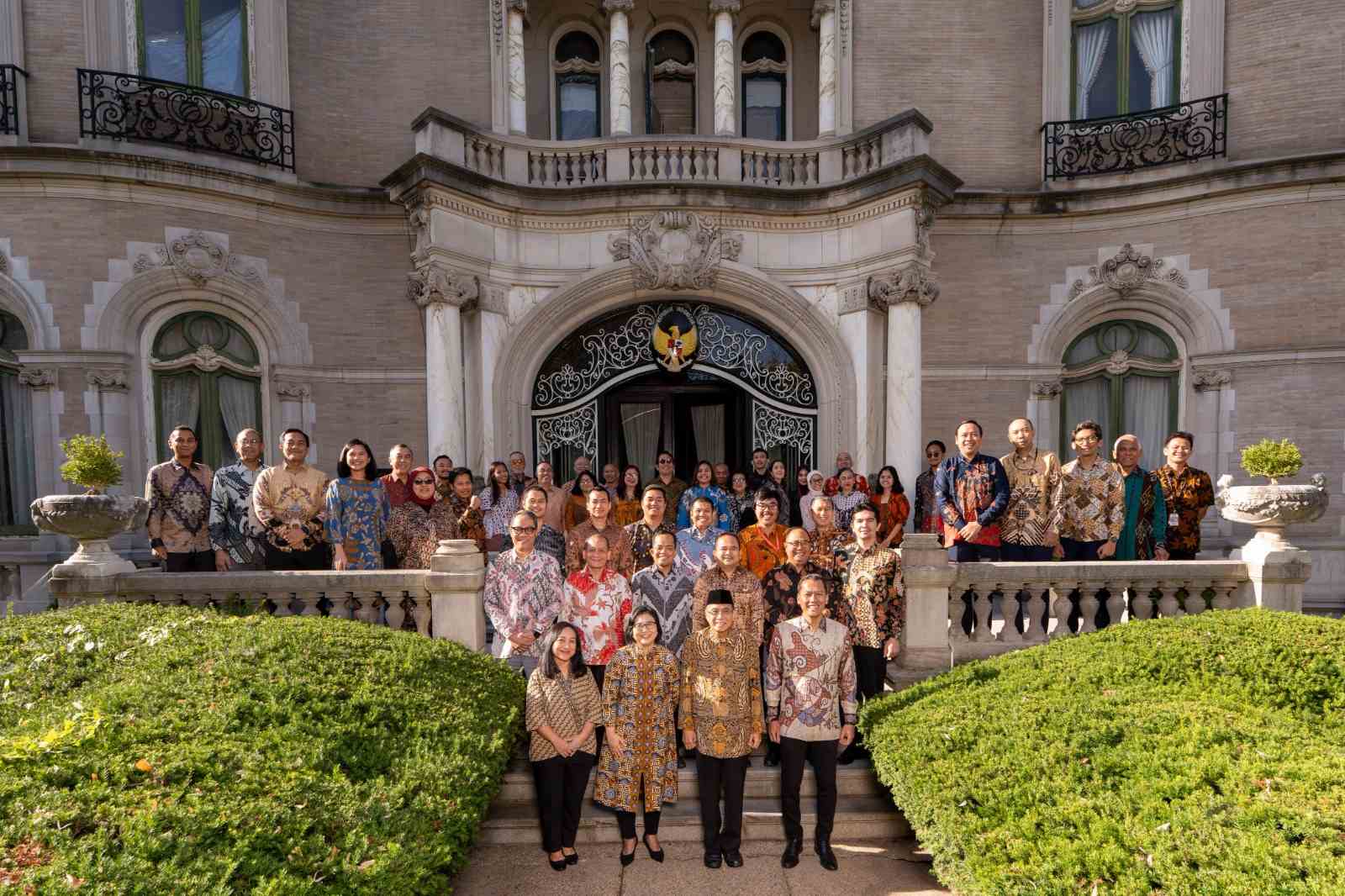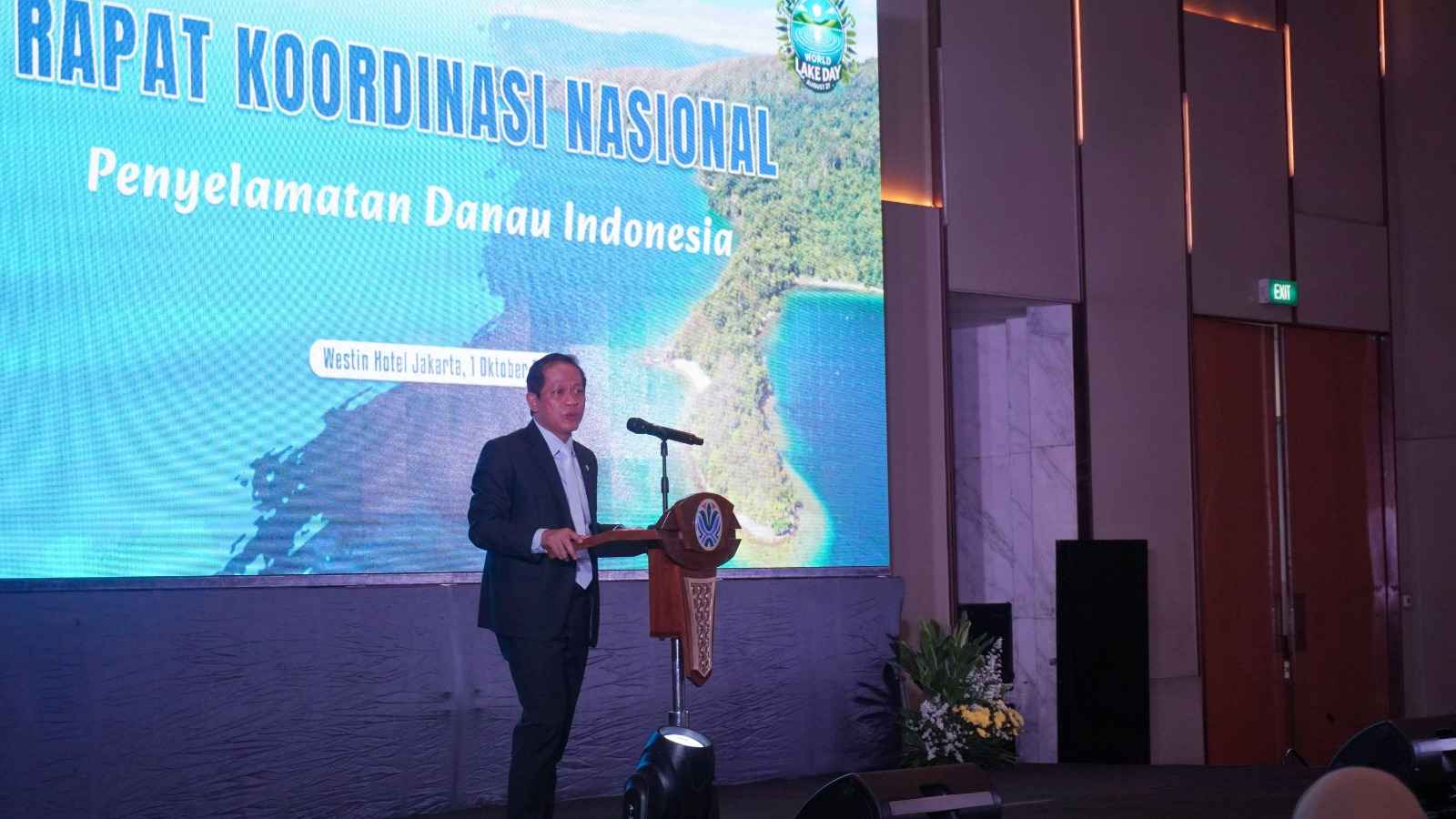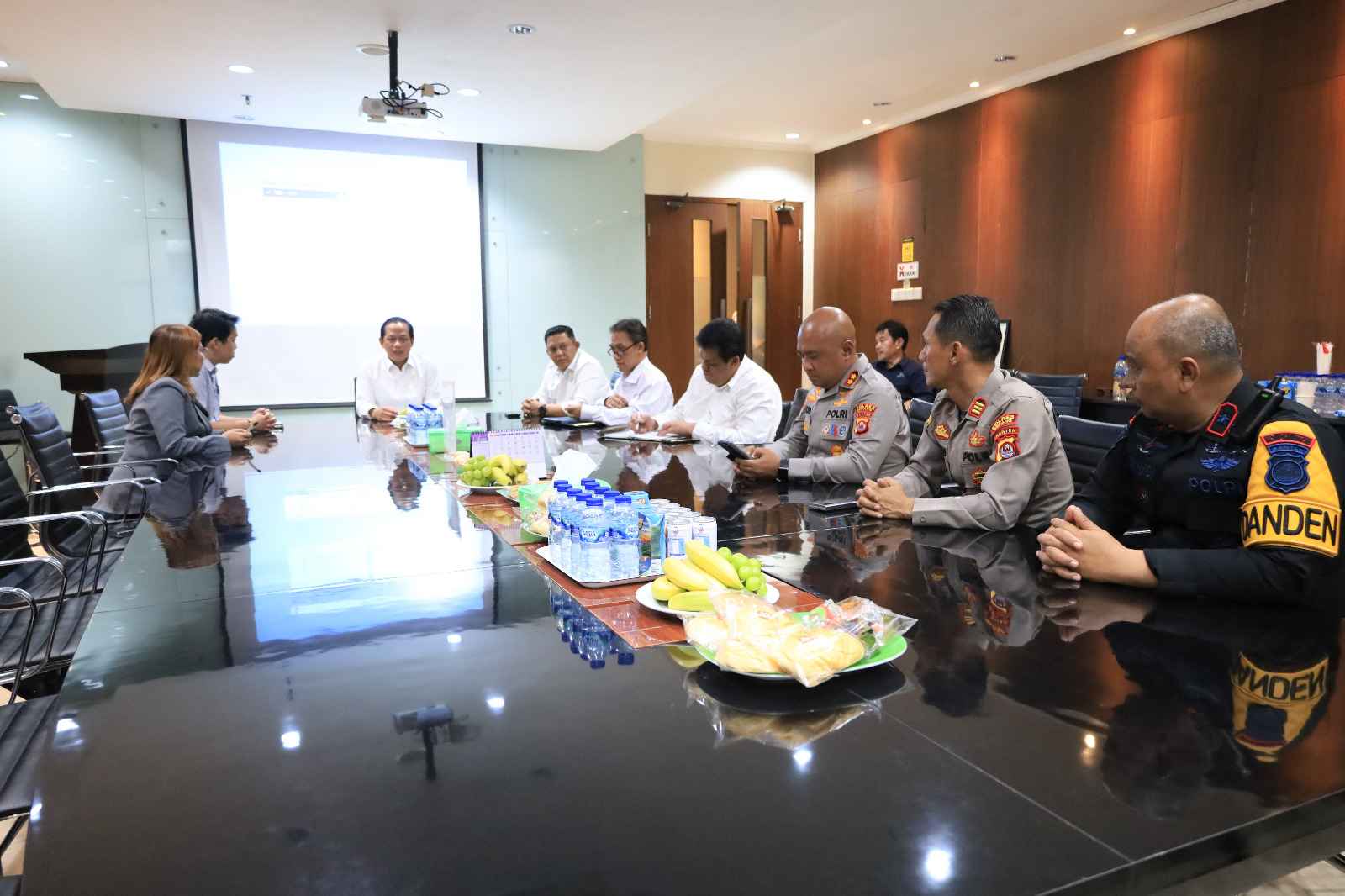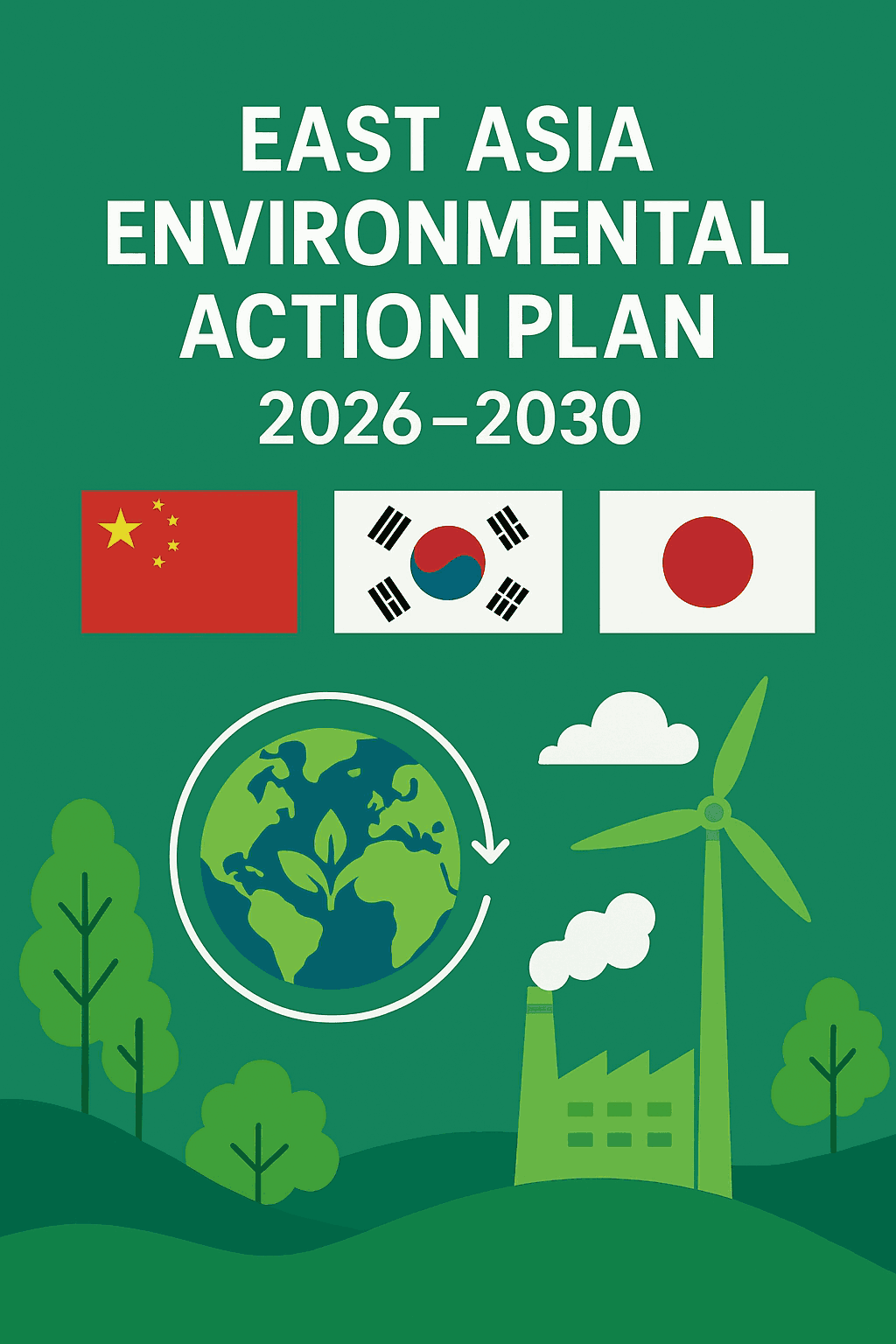Enviro News Asia, Jakarta – Indonesia is ready to share its expertise and strengthen cooperation with various countries and international partners in forest management and mangrove rehabilitation to bolster ecological resilience and support green growth.
The Director General of Watershed Management and Forest Rehabilitation at the Ministry of Forestry, Dyah Murtiningtyas, announced during a meeting with a delegation from the Government of Sri Lanka in Jakarta on Tuesday (Aug 26) that Indonesia has extensive experience in managing over 120 million hectares of forest area.
The primary strategies implemented include community-based forest management, law enforcement against illegal logging, and large-scale forest and mangrove rehabilitation programs.
“Indonesia has the world’s third-largest tropical forest and holds the largest mangrove ecosystem, spanning 3.44 million hectares, which accounts for 23% of the global total. We emphasize the importance of sharing experiences and best practices to address common challenges, including deforestation, land degradation, and climate change,” said Dyah.
The meeting was attended by officials from the Ministry of Forestry and international partners, including the Global Green Growth Institute, representatives from the Canadian Embassy, and the Sri Lankan Embassy.
Dyah asserted that all of Indonesia’s forestry policies align with the national Forestry and Other Land Use (FOLU) Net Sink 2030 agenda, a target to achieve a net absorption of greenhouse gas emissions in the forestry and land sectors of minus 140 million tons of CO₂e by 2030.
The social forestry program also serves as a crucial tool for granting management rights to communities, which has proven effective in reducing poverty while strengthening conservation efforts.
Meanwhile, the Director of Mangrove Rehabilitation at the Ministry of Forestry, Ristianto Pribadi, presented Indonesia’s strategy for sustainable mangrove management.
Ristianto explained that the mangrove ecosystem plays a vital role as a blue carbon sink, storing three to five times more carbon than terrestrial tropical forests.
“Based on the 2024 national map, Indonesia’s 3.4 million hectares of mangroves can absorb up to 5.33 gigatons of CO₂ equivalent. However, this ecosystem faces serious threats, such as conversion for aquaculture, illegal logging, and coastal reclamation,” explained Ristianto.
To address these challenges, Indonesia has planted over 84,000 hectares of mangroves between 2021 and 2024, engaging nearly 3,000 community groups and providing 4.5 million daily wages for workers.
This program not only supports climate change adaptation and mitigation but also creates new employment opportunities.
Indonesia is also developing the World Mangrove Center (WMC) in Bali, with support from international partners such as KfW Germany and JICA.
The WMC is expected to become a global reference center for data, research, and collaborative mangrove conservation.
The Sri Lankan delegation is scheduled to conduct field visits to several forest and mangrove rehabilitation sites in North Kalimantan.
This meeting is expected to strengthen knowledge exchange and encourage collaboration between the two countries in protecting tropical and coastal ecosystems.
“Achieving the FOLU Net Sink 2030 target and successful mangrove rehabilitation cannot be accomplished by the government alone. Collaboration with the community, the private sector, and international partners is the key,” Dyah concluded. (*)




